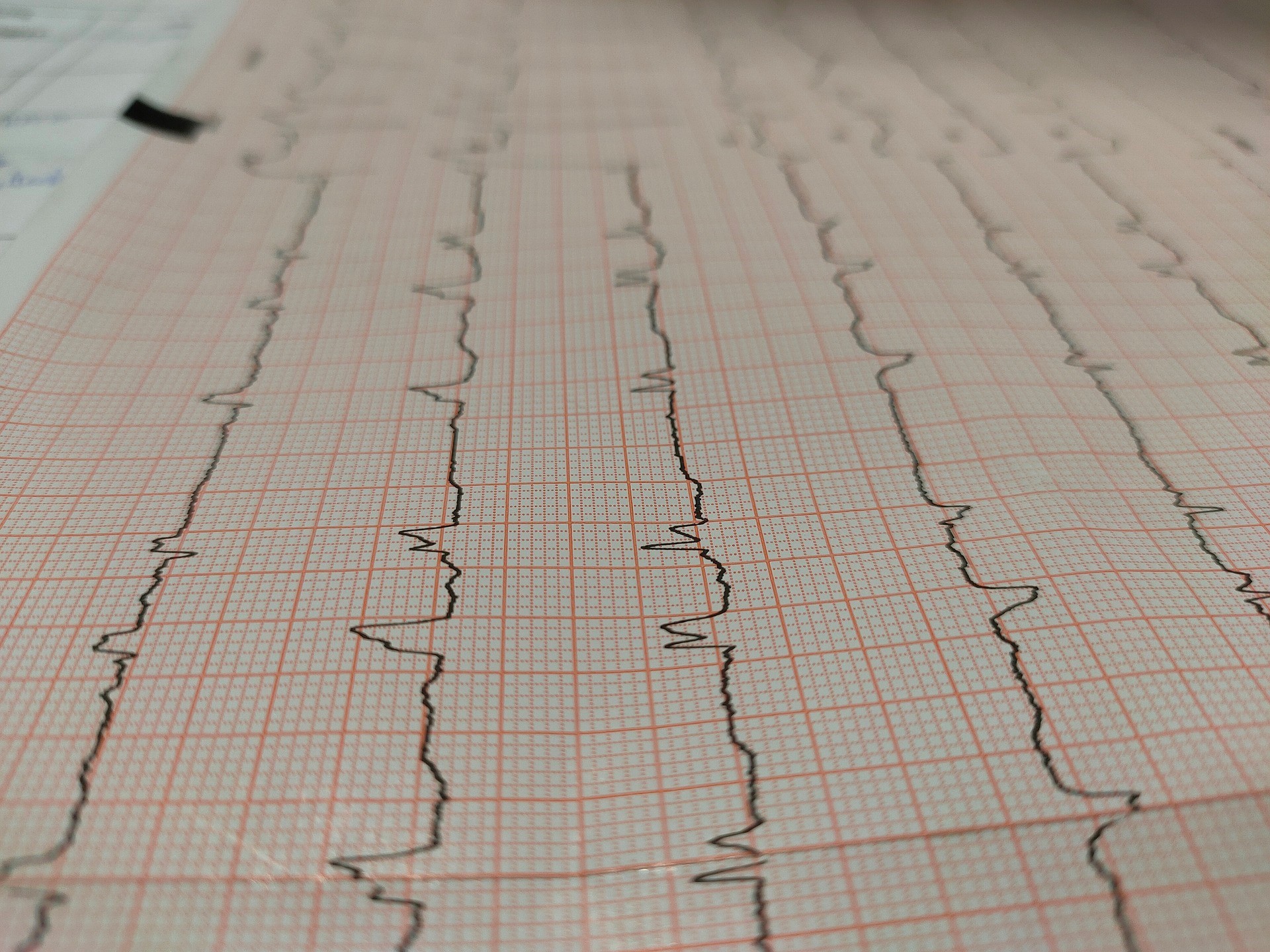Preventive Healthcare
What is Angina: Symptoms, Causes and Treatment
1650 Views
0

Are you experiencing tightness or pain in your chest that comes and goes? It could be a sign of angina, a condition that affects millions around the world. Angina can be scary, but understanding its symptoms causes and treatment options can help you manage it effectively.
What is angina?
Angina is a type of chest pain that occurs when the heart muscle doesn't get enough blood flow. It's usually described as a feeling of pressure, squeezing, or tightness in the chest area. While it's not a disease itself, angina can be a symptom of an underlying condition like coronary artery disease.
There are two main types of angina: stable and unstable. Stable angina occurs during physical exertion or emotional stress and usually goes away with rest or medication. Unstable angina happens suddenly and may occur at rest or with minimal exertion. This type of angina requires urgent medical attention as it can signal an imminent heart attack.
In addition to chest pain, other symptoms associated with angina include shortness of breath, dizziness, sweating, nausea or vomiting, fatigue and weakness.
Symptoms of angina
The symptoms of angina are usually triggered by physical activity or emotional stress, and they can vary from person to person.
The most common symptom of angina is a feeling of pressure, tightness, or heaviness in the chest. Some people may also experience a burning sensation in their chest, as well as pain that radiates to their arms, neck, jaw, shoulders, back or stomach.
Other symptoms include shortness of breath, sweating and nausea. Women and older adults may have less typical symptoms such as fatigue, dizziness or abdominal discomfort.
It’s important to pay attention to any unusual sensations in your chest area during physical activity like walking up stairs or carrying groceries. If you experience any symptoms mentioned above, it's important to see seek medical attention right away.
Causes of angina
One of the main causes of angina is coronary artery disease, which occurs when plaque builds up in the arteries that supply blood to the heart. This can lead to a narrowing of these arteries, resulting in reduced blood flow to the heart muscle.
Another cause of angina is vasospasm, which occurs when the muscles surrounding the coronary arteries contract abnormally. This can result in a temporary narrowing or constriction of these arteries, leading to chest pain or discomfort.
Other factors that can contribute to angina include high blood pressure, smoking, stress and anxiety, physical activity levels and age. As we get older our risk for developing angina increases due to normal wear and tear on our bodies over time.
It's also important to note that some people may be more genetically predisposed than others towards developing angina. By understanding these causes and risk factors associated with this condition you are better equipped at preventing its onset through lifestyle changes like regular exercise, quitting smoking and maintaining healthy blood pressure levels.
Treatment options for angina
When it comes to angina treatment, there are several options available. The goal of treatment is to relieve symptoms and reduce the risk of heart attack or other complications.
- The first step in treating angina is often making lifestyle changes. This can include quitting smoking, eating a healthy diet, exercising regularly, and managing stress.
- Medications may also be prescribed to help manage symptoms and prevent further damage to the heart. These can include nitroglycerin for immediate relief during an angina attack, beta blockers to lower blood pressure and decrease the workload on the heart, and statins to lower cholesterol levels.
- In more severe cases of angina or if medication alone isn't enough, procedures such as angioplasty or bypass surgery may be recommended. Angioplasty involves using a balloon catheter to widen blocked arteries while bypass surgery involves creating new pathways for blood flow around blocked arteries.
It's important for those with angina to work closely with their healthcare provider to determine the best course of treatment based on their needs and medical history.
Prevention of angina
Preventing angina is essential to avoid the risk of heart attack and other severe complications. Here are some tips that can help prevent angina:
- Maintaining a healthy lifestyle is crucial. Regular exercise, following a balanced diet, avoiding smoking and excessive alcohol consumption all contribute to reducing the risk of developing angina.
- Managing stress levels is also important as it can have a significant impact on overall health and well-being. Practising relaxation techniques like yoga or meditation can be beneficial in reducing stress levels.
- Controlling high blood pressure and cholesterol levels through medication or lifestyle changes such as dietary modifications can also decrease the chances of developing angina.
Seeking medical attention at an early stage if experiencing any symptoms related to angina is vital since prompt treatment may prevent further complications. Preventing angina requires adopting healthy habits while keeping an eye on potential symptoms. It's always better to take precautions than wait for something unforeseeable!
To sum up
Angina is a serious medical condition that requires prompt attention and treatment. If you experience any symptoms of angina such as chest pain or pressure, it is important to seek medical help immediately. There are various treatment options available for managing angina including lifestyle changes, medications, and in some cases, surgery.
Remember that prevention is always better than cure when it comes to your health. You can reduce your risk of developing angina by adopting healthy habits such as regular exercise, maintaining a healthy weight, avoiding smoking and excessive alcohol consumption.
You can rely on Metropolis Healthcare Labs for diagnosing angina and begin treatment as soon as possible. Our extensive network of diagnostic centres across India is equipped with state-of-the-art facilities. You can also book a home test on our website with a few clicks. Contact us today to learn about the wide range of blood tests we offer.
























